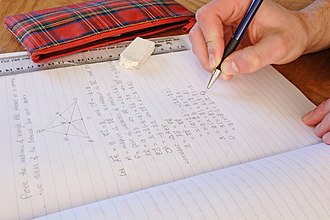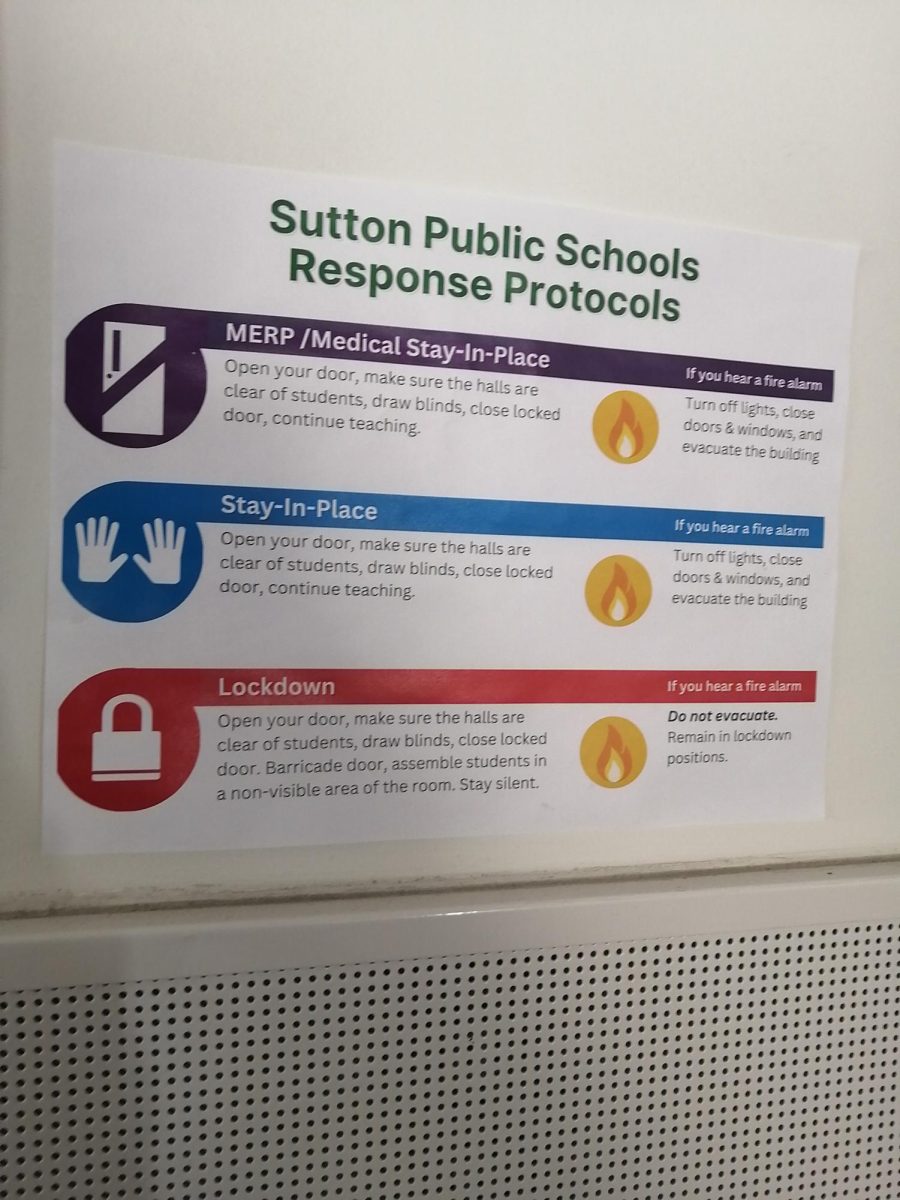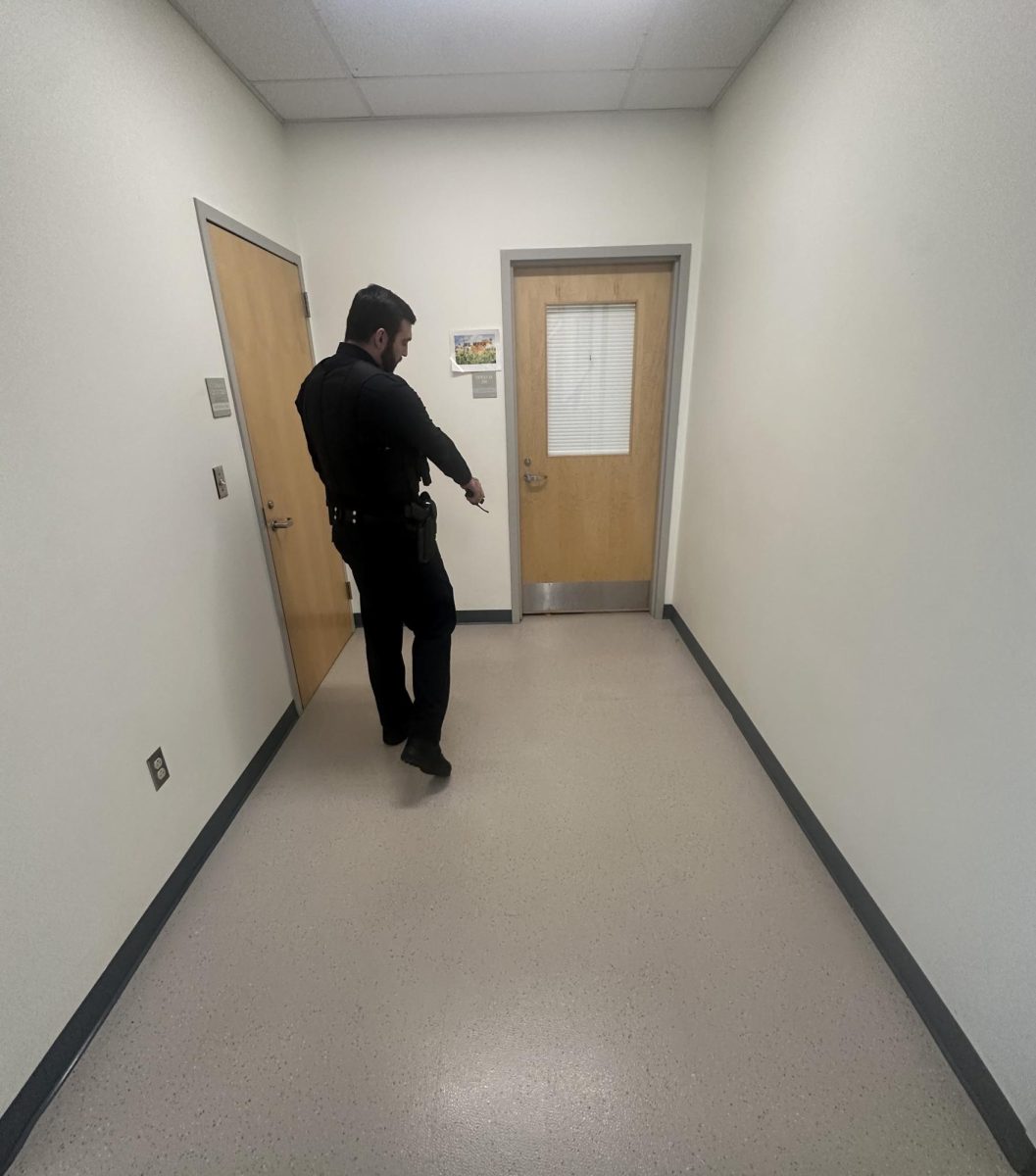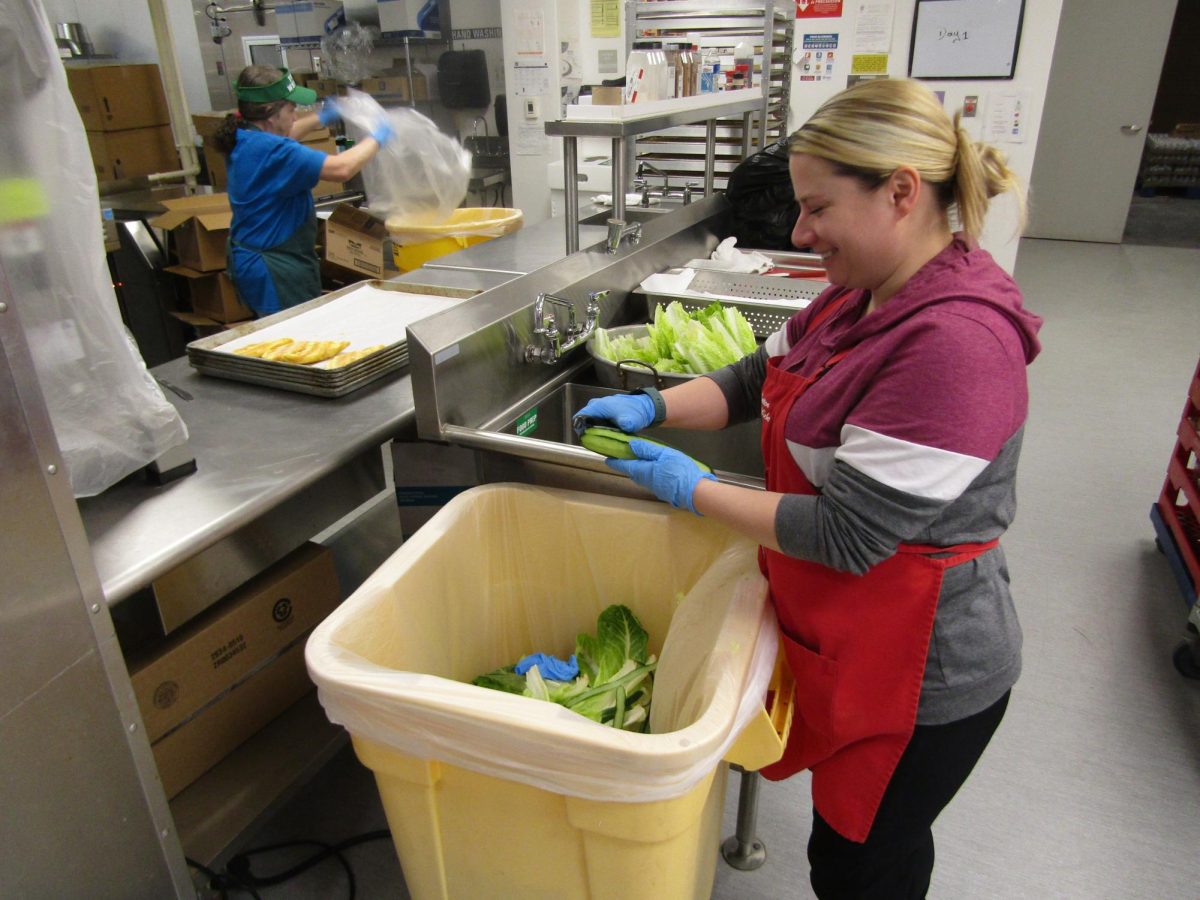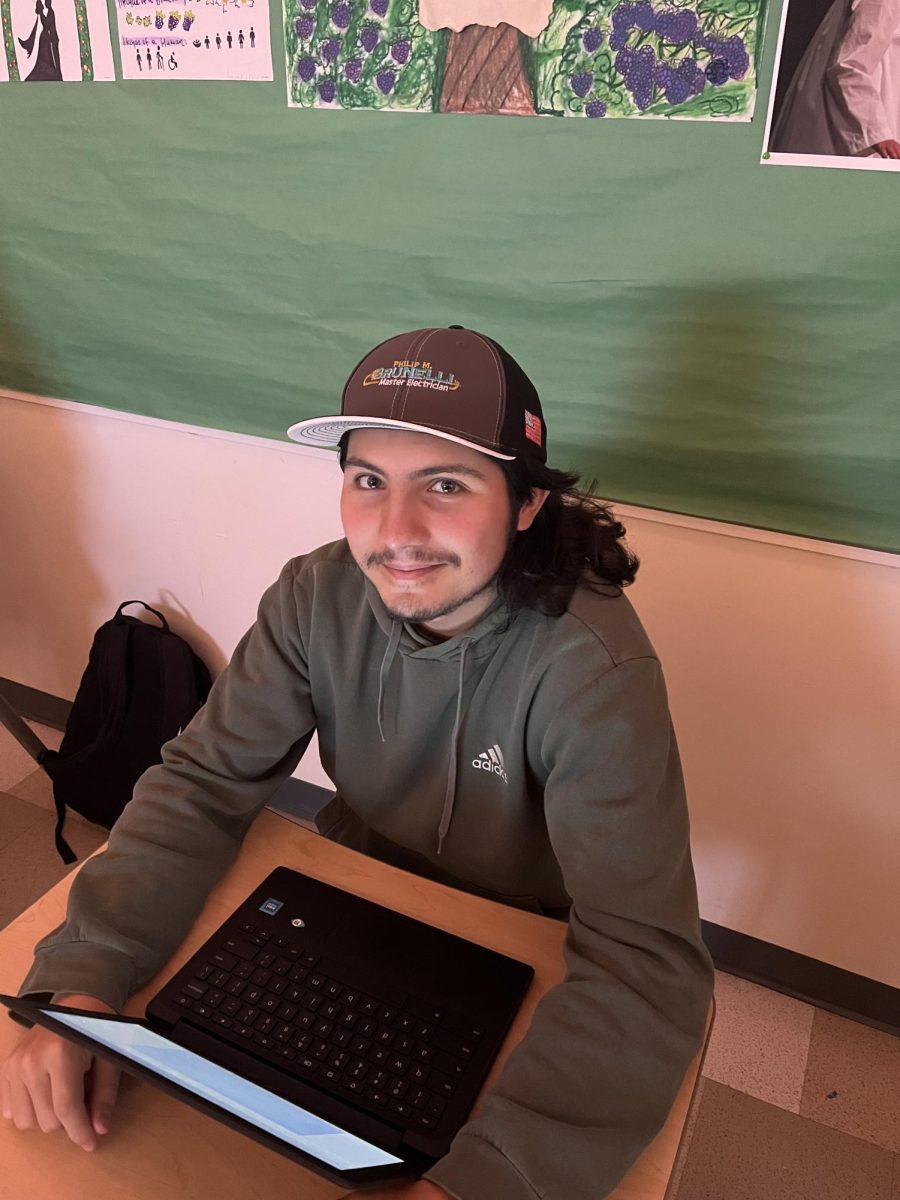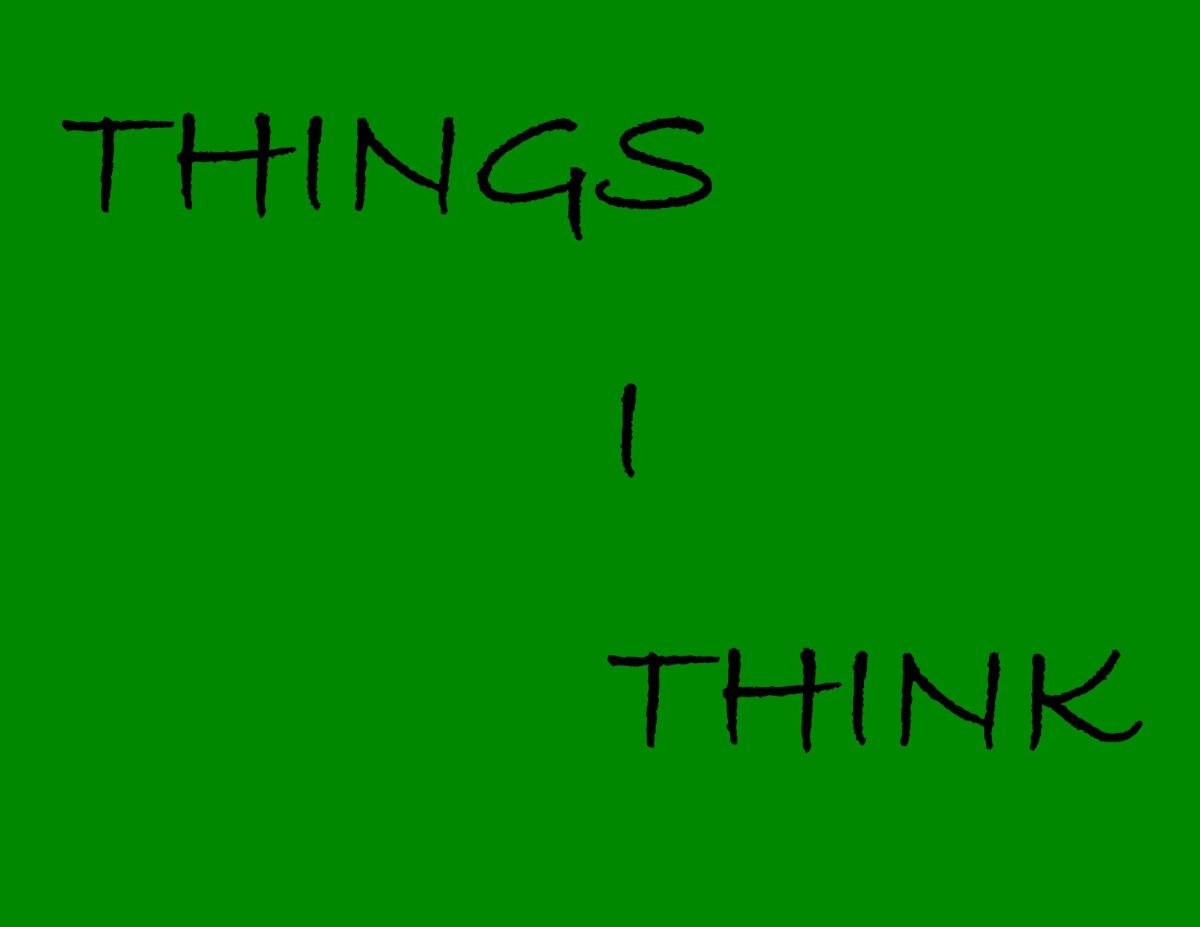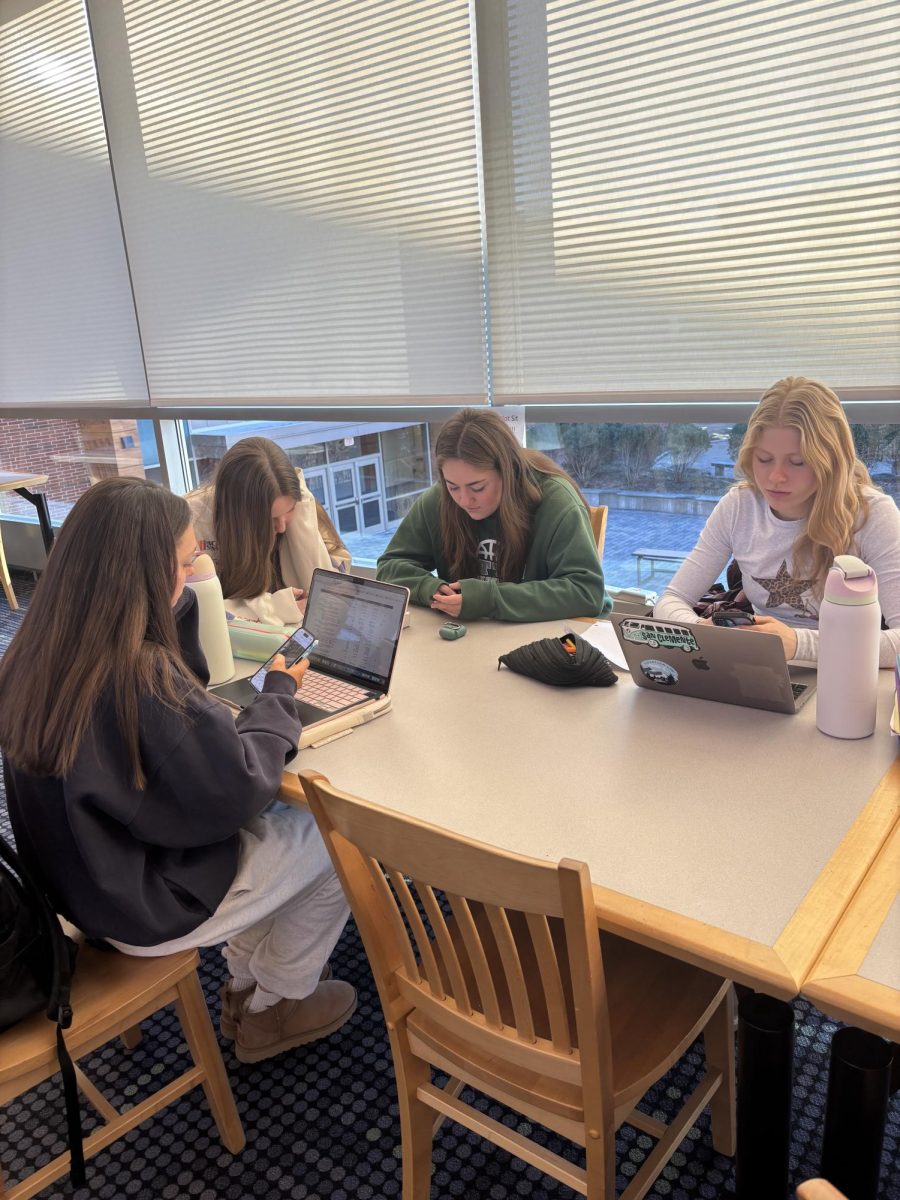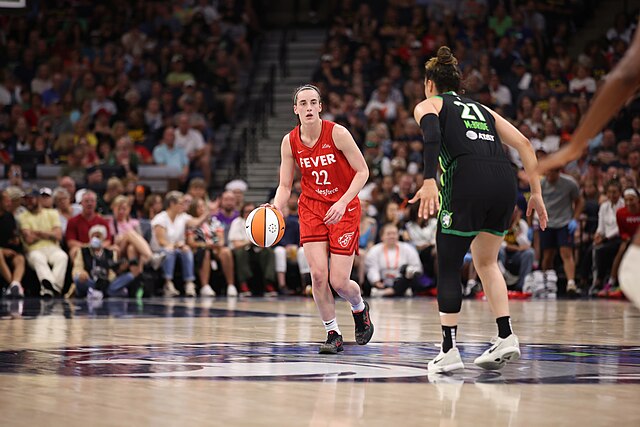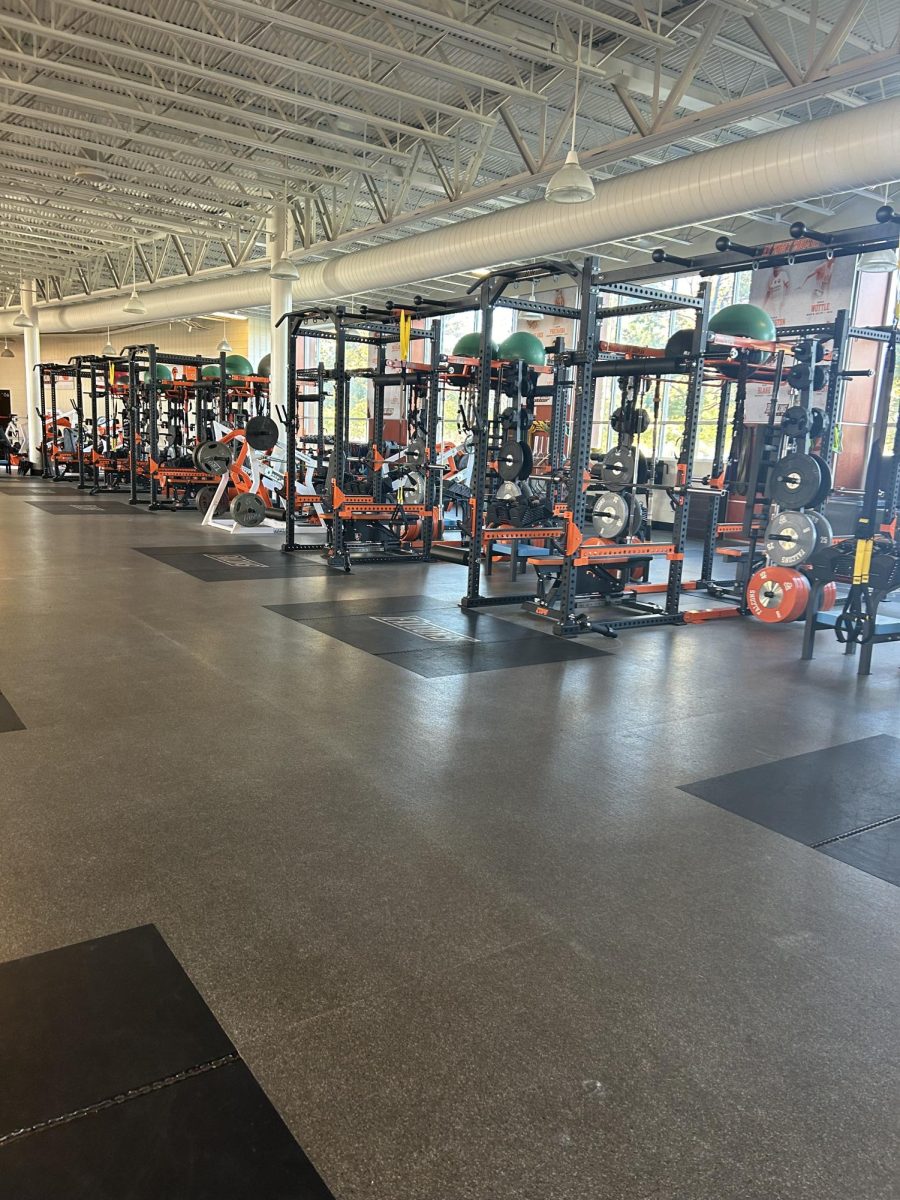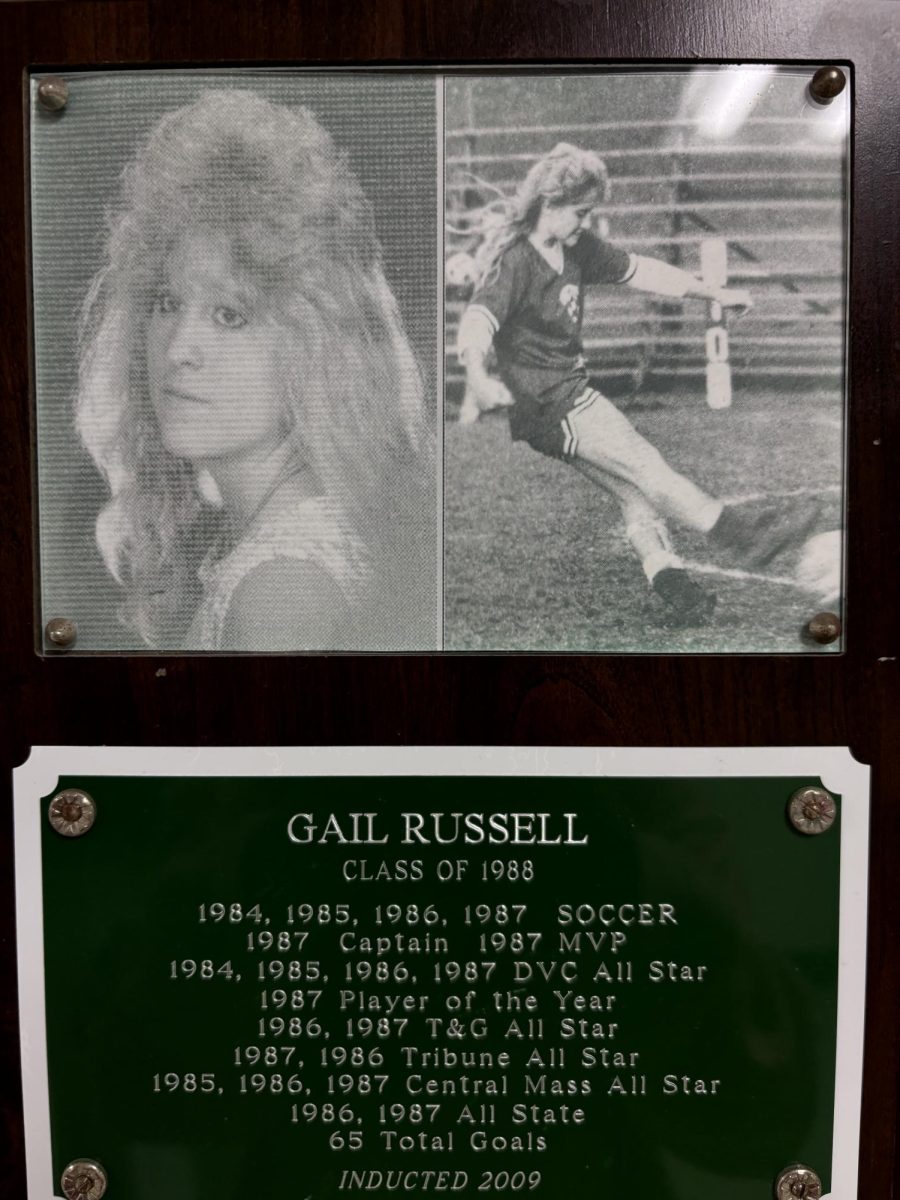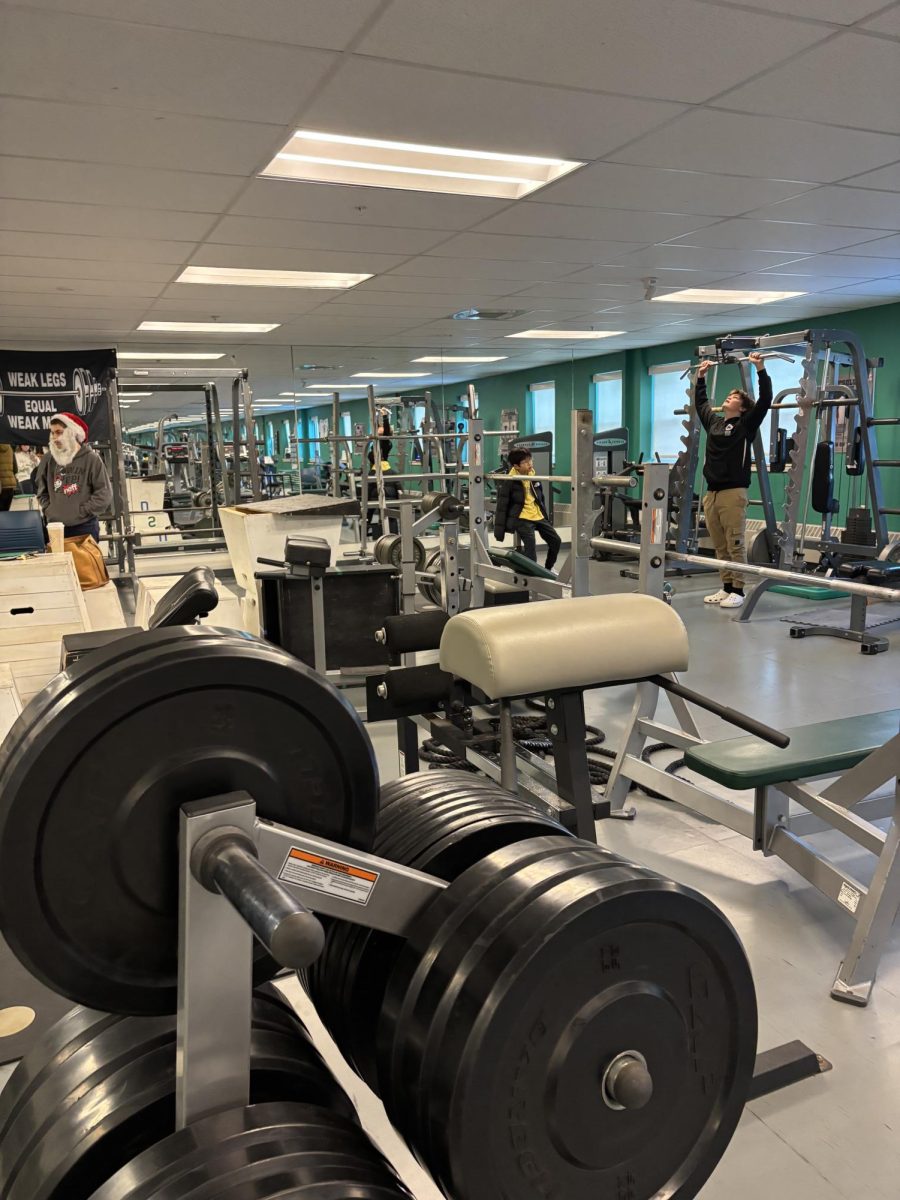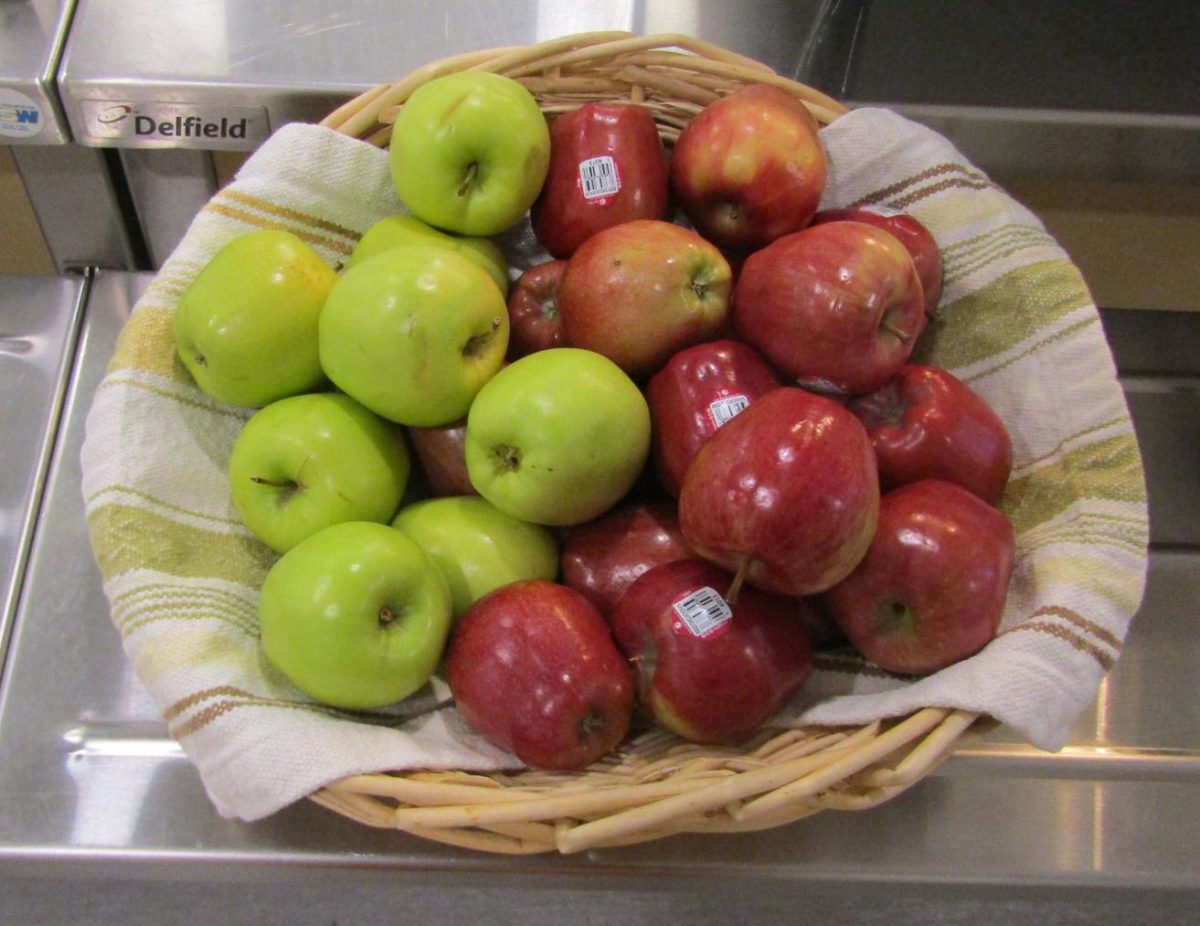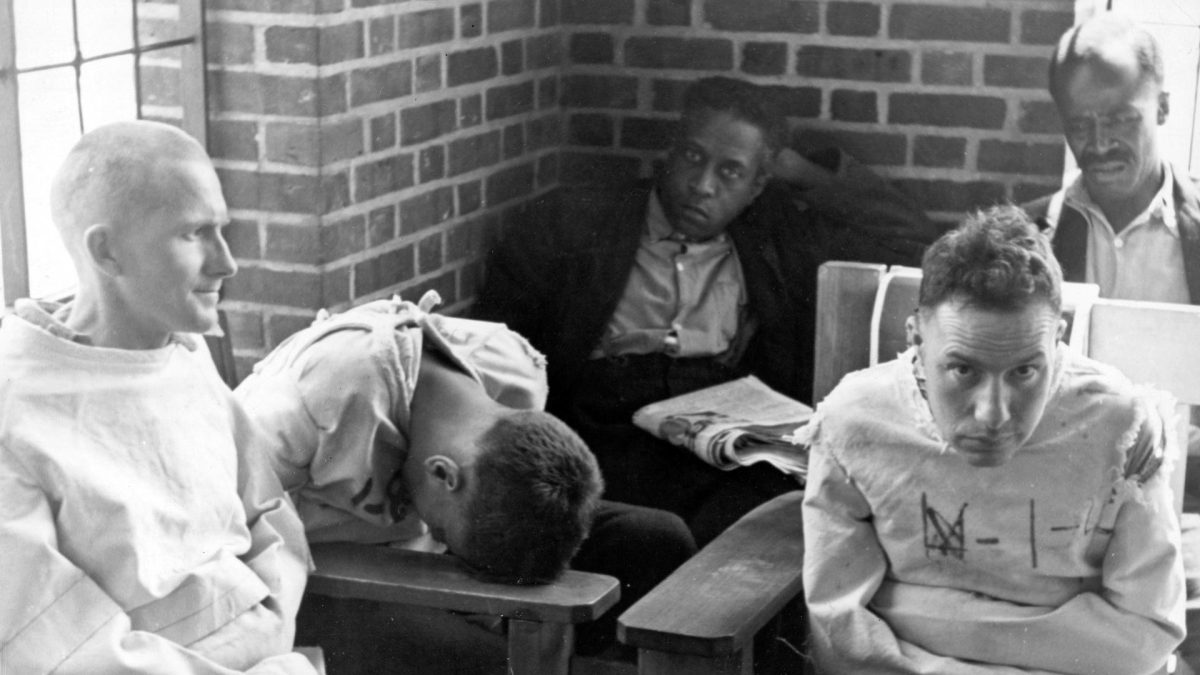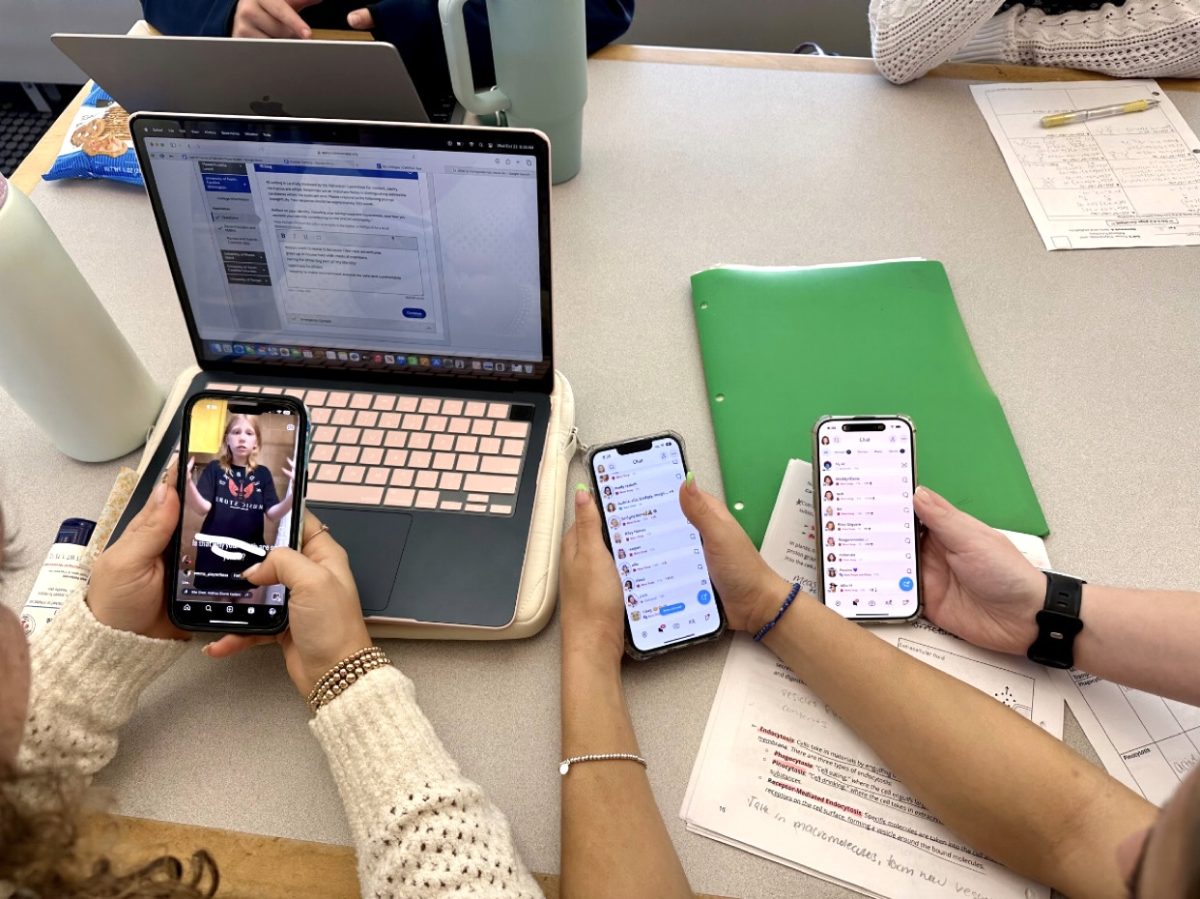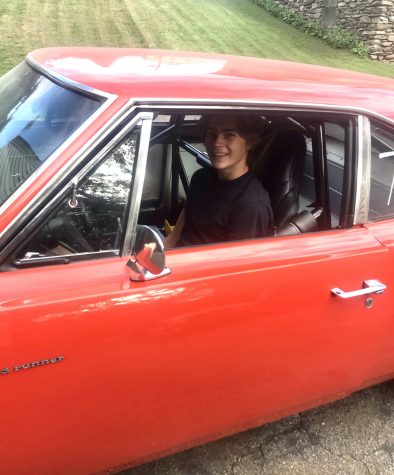The Need for Practical Classes
Kids need more financial education
April 25, 2022
The school system is an important part of young adults lives. Topics such as math, science, and chemistry are most thought of. But many argue that these classes have little to no value in the real world. It is often mentioned that practical classes such as how to do taxes, home economics, and accounting should be offered.
“Nearly 30% of high school students are employed in a job for at least a portion of the school year” (Walden University). Seeing as 1 in 3 of children in high school have a job, they should at least be taught how to do tax returns. An extension on this would be how to pay property taxes, utility bills, and things along these lines.
Another class that would benefit students is home economics. This involves chores any homeowner should know about: cooking, cleaning, home maintenance, etc. These are important things to know as they save time and money. In the mid 1980s the class was basically removed from school curriculums. Many parents from before this time feel their kids are ill prepared for a life away from home.
People often argue that the parents should be responsible for teaching their children about things like taxes and home economics, but many parents are ill equipped to do so. So if these classes were just standardized, it would make many young adults lives’ easier.
Thankfully, financial wellness is taught in many schools. Even though it is mostly a required class, UPI polls show that, “Around 46 percent [of parents] think their teen will save money for the future.” Even though 46% is quite a large number of parents, would you want to believe in your kid only 46% of the time?
As mentioned, many parents do not believe their kid will save money for the future, and these concerns are rather valid. CNBC reported that, “More than one in five working American adults, or 21 percent, don’t set aside any of their annual income for short-term or long-term goals.”
Kids want to learn on these topics. US News posted, “A recent poll by Sallie Mae found that 84 percent of high school students desire more financial education.” The student want a deeper education on the topic, but many cannot receive it as “Only 13 states require high school students to take a personal-finance class to graduate.”
Credit card debt is a huge issue in the United States as Experian released the data that “There is over $756 billion in outstanding credit card debt.” If financial education was higher on the priority list, young adults could be better prepared to use a credit card.
A great way to start your never ending financial journey is to open a student checking account. Many international banks offer this. Investopedia constructed a list of what they considered the best. I have used UniBank for four years and they offer a great program. Their app is easy to use and allows every form of online banking. They also have an easily accessible site here in Sutton.
Many people who go to make their first life changing purchase have insufficient credit to do so if they are young. So the question is, how do I build credit as a minor? State Farm gave a list of some basic but effective ways to build credit if you’re under 18. From the list, the most simple and easy way would most likely be to add your name to your parent’s existing account.
Overall, kids in high school need and want more financial education, and it will help them a tremendous amount in the long run.

